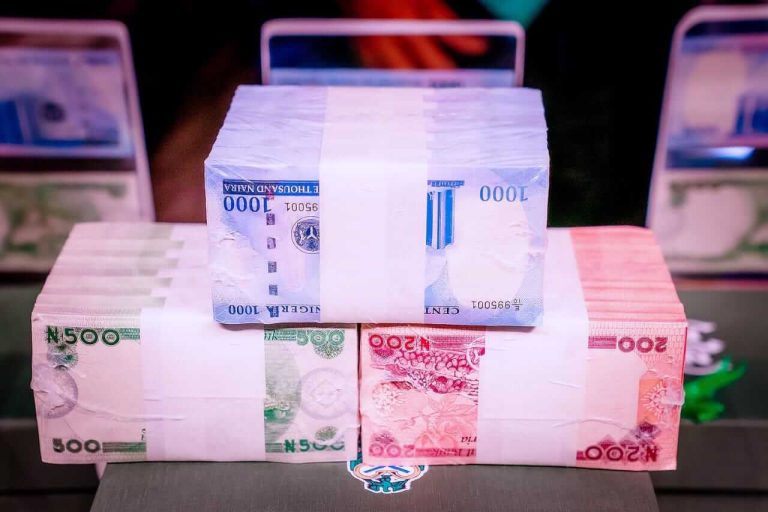You might have heard that Nigeria’s government “spent $8 billion to support the naira.” But what does that *really* mean? It’s important to understand the difference between “supporting” and “defending” a currency.
What Did the Government Do?
Clearing Backlogs: when Yemi Cardoso took over the helms at CBN there was an accumulated backlog of foreign exchange (FX) obligations.
This meant they’d promised to provide dollars to businesses and individuals, collected the naira equivalent, but hadn’t delivered the actual dollars.
The current CBN leadership cleared approximately $7 billion of these outstanding commitments. This is a crucial step in restoring confidence in the market.
Market Intervention: The CBN also injected around $2 billion directly into the FX market. This involved selling dollars to banks to meet the demand, improving liquidity and ensuring businesses and individuals could access the foreign currency they needed at official rates for things like school fees and medicals as well as and PTA and BTA
Bond Issues: The country also borrowed $4 billion through bond issues. This influx of foreign currency also contributes to the supply of dollars available.
Semantics or more? Why “Support” Instead of “Defend”?
Defending a currency implies artificially pegging it to a specific value, regardless of market forces. This is what the previous CBN leadership was accused of doing.
Supporting a currency, on the other hand, involves taking steps to ensure a healthy and functional market. This includes clearing backlogs, increasing liquidity, and allowing the market to determine the exchange rate and entrencing a rwgime of transparency as we have seen with the #FXCode etc.
The current CBN has allowed for “price discovery” letting the market decide the true value of the Naira.
The Result?
By clearing the backlog, the CBN is fulfilling its existing obligations, restoring trust, and creating a more stable environment.
The direct intervention in the market has increased liquidity, making it easier for people to buy and sell foreign currency at official rates.
Essentially, the CBN has sourced and deployed over $8 billion to stabilize the FX market by meeting existing obligations and increasing market liquidity. This can be viewed as “support” or simply “fulfilling obligations”.
By clearing backlogs and improving liquidity, the CBN is taking steps to create a healthier and more transparent FX market, allowing the naira to find its true value.
